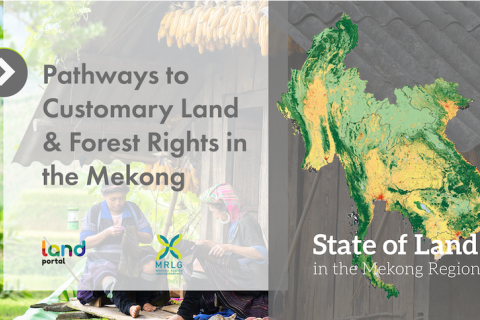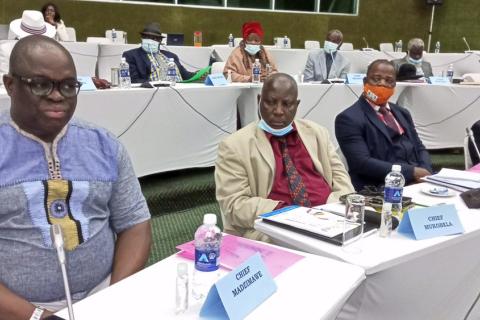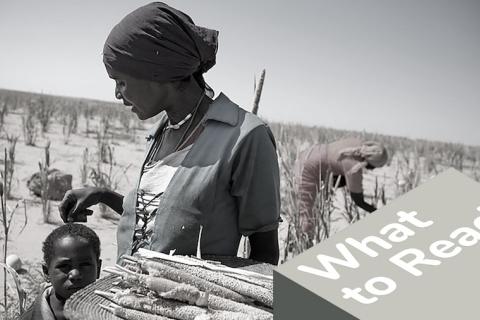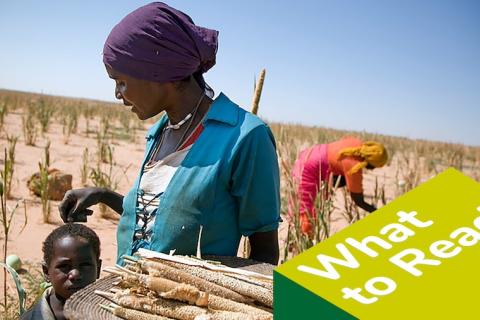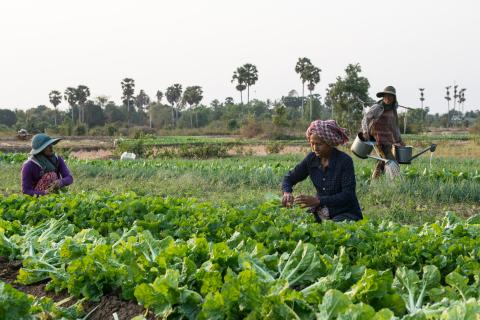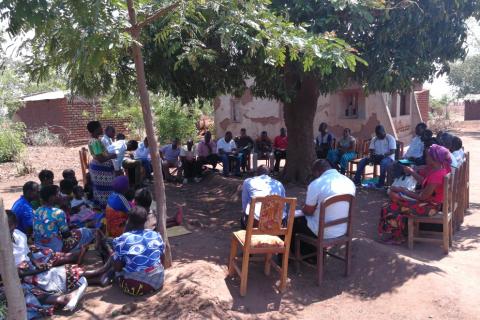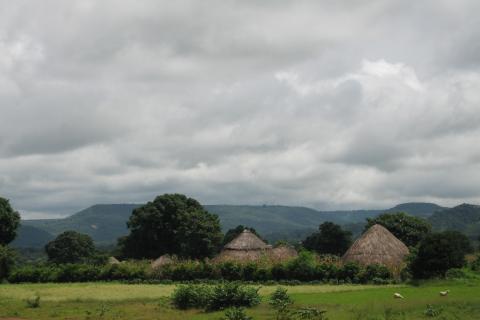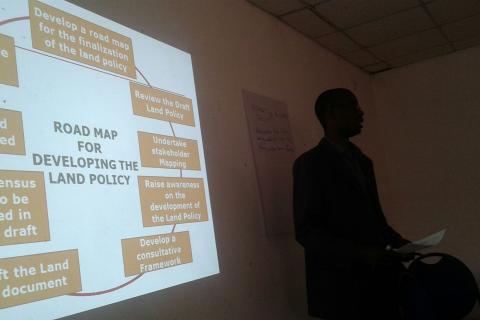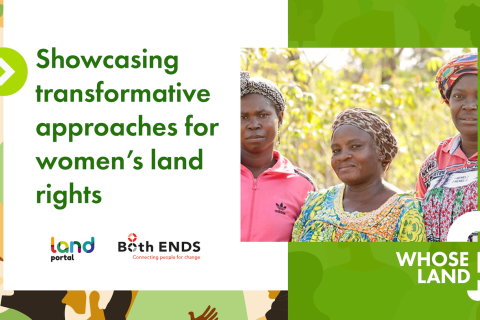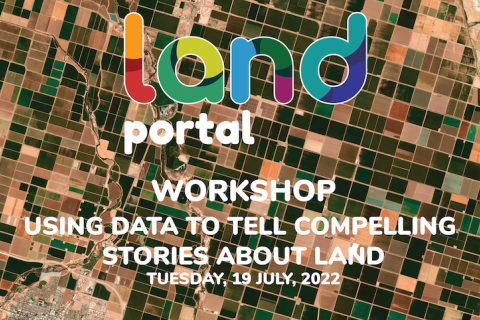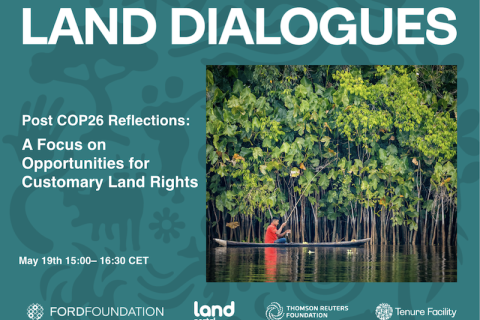Webinar Recap : Pathways to Customary Land & Forest Rights in the Mekong
The webinar “Pathways to Customary Land & Forest Rights in the Mekong” took place on July 2nd, 2024. This was the second webinar in the series ‘State of Land in the Mekong region’ which aims to highlight the evolving environment of land governance in this dynamic region, including Cambodia, Lao PDR, Myanmar and Vietnam. The webinar attracted 240 participants and featured experts from the Mekong region. The webinar was organized by the Land Portal Foundation and the Mekong Region Land Governance and drew on findings from research and activities conducted by the Mekong Region Land Governance (MRLG) Project and its partners on the recognition and formalization of customary tenure rights across the Mekong region.

